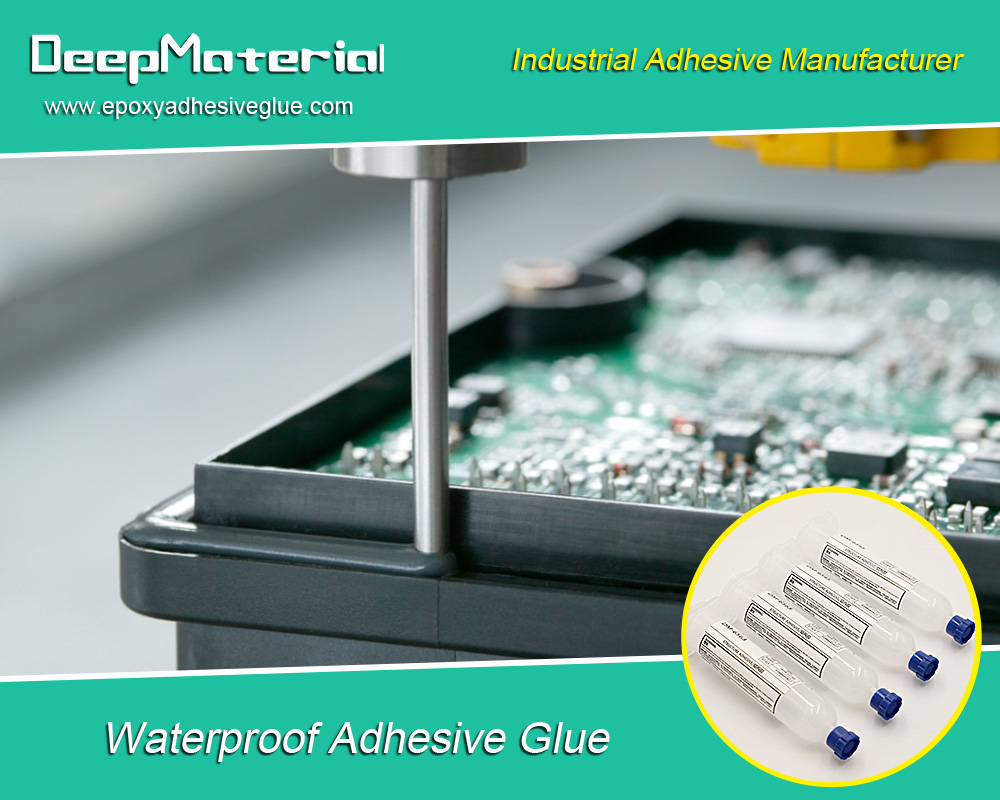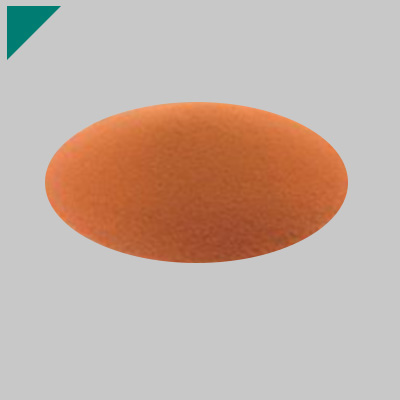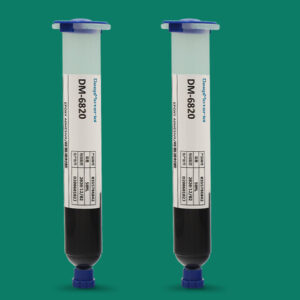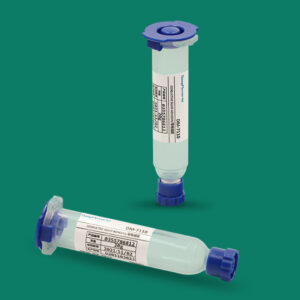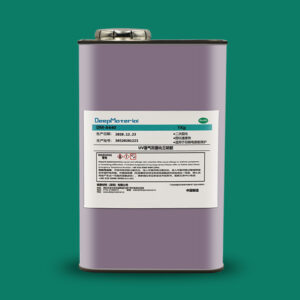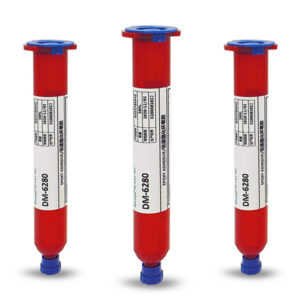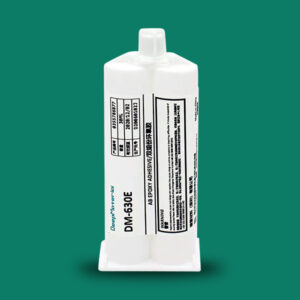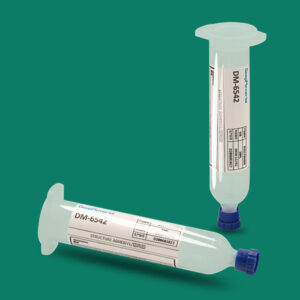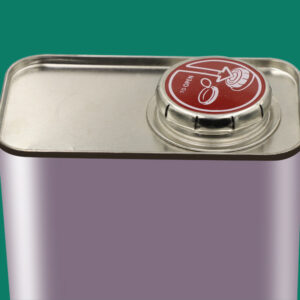Strongest Epoxy for Metal: A Comprehensive Guide
Strongest Epoxy for Metal: A Comprehensive Guide
This blog post will discuss the strongest epoxy for metal and provide a comprehensive guide on choosing the best epoxy for your metal bonding needs.
Introduction
Finding a suitable adhesive is crucial for achieving a strong and long-lasting bond when bonding metal. Epoxy is a popular adhesive for metal bonding due to its high strength and durability. However, not all epoxy adhesives are created equal; some are better suited for bonding metal than others. In this blog post, we will explore the strongest epoxy for metal and provide a detailed guide on choosing the best one for your project.
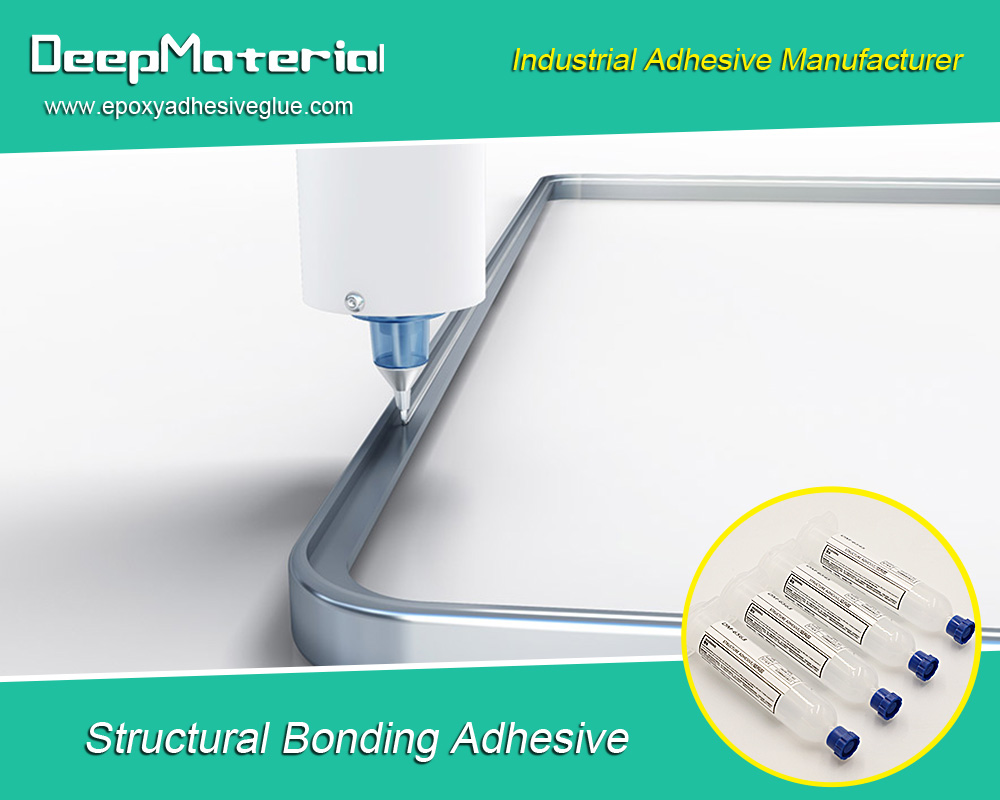
Understanding Epoxy Adhesives
What is Epoxy?
The manufacture of epoxy adhesive involves combining two parts – a resin and a hardener. Once mixed, a chemical reaction triggers the epoxy’s hardening and curing. Different formulations of epoxy adhesives are available for use in various applications, including the bonding of metals.
How Does Epoxy Adhesive Work?
When applied, epoxy adhesive creates a robust chemical bond between the two surfaces it joins. The glue penetrates the pores and irregularities of the surface, creating a mechanical bond. As epoxy cures, it forms a strong chemical bond with the character, creating a permanent bond.
Advantages and Disadvantages of Epoxy Adhesives
Advantages:
- High strength and durability
- Good chemical resistance
- Good gap-filling properties
- Good adhesion to a wide range of materials
Disadvantages:
- It can be challenging to work with due to its short pot life and fast curing time
- Requires proper surface preparation to achieve maximum bond strength
- Can be brittle and prone to cracking under high stress
Choosing the Right Epoxy for Metal Bonding
You must consider several factors to select the appropriate epoxy for your metal bonding project. Here are some important considerations to keep in mind:
Type of Epoxy
Many epoxy adhesives are available, including those designed specifically for metal bonding. Select an epoxy formulated for metal bonding to ensure the strongest bond possible. It’s also important to consider whether the epoxy is a one-part or two-part system. One-part epoxy adhesives are pre-mixed and ready to use, while two-part systems require mixing before use.
Setting Time
The setting time of an epoxy adhesive refers to how long it takes for the glue to harden and cure. Some epoxy adhesives have a longer setting time, while others fix much more quickly. Consider the requirements of your project when selecting an epoxy adhesive. If you need more time to adjust your bond, a longer setting time may be preferable. However, a faster-curing epoxy may be a better option to complete your project quickly.
Temperature Resistance
It is essential to consider the temperature resistance of an epoxy adhesive, particularly if your project will encounter high temperatures. Certain types of epoxy can endure extreme heat, while others may deteriorate or weaken under such conditions. Therefore, selecting an epoxy that can take the temperatures to which your project will be exposed is crucial.
Tensile Strength
Considering the tensile strength of the epoxy adhesive is critical when bonding metal since it indicates its ability to withstand separation caused by tension. Metals may be under pressure and stress, making tensile strength a vital factor to consider. Select an epoxy adhesive with a high tensile strength to obtain the most robust bond.
Chemical Resistance
Some epoxies are more resistant to chemicals and other substances than others. Selecting an epoxy adhesive that can withstand exposure to harmful substances, such as chemicals, is crucial if your project has the potential to encounter such conditions.
Flexibility
While many metals are rigid and inflexible, some projects may require an epoxy adhesive with a certain level of flexibility. A more flexible epoxy adhesive may be preferable if your project involves metals that may experience movement or vibration.
Top 5 Strongest Epoxy for Metal
Now that we understand what to look for when choosing an epoxy adhesive for metal bonding, let’s look at the top 5 strongest epoxies for the metal in the market.
J-B Weld 8265S Original Cold-Weld Steel Reinforced Epoxy
This two-part epoxy adhesive is designed for metal surfaces and is particularly strong when bonding steel. It sets in 4-6 hours and has a tensile strength of 3960 PSI.
Loctite Epoxy Weld Bonding Compound
This two-part epoxy adhesive is ideal for bonding metals and wood, ceramic, and most plastics. It sets in 5 minutes and has a tensile strength of 3500 PSI.
Gorilla 2-Part Epoxy
This two-part epoxy from the well-known brand Gorilla can bond metal, wood, ceramic, and other materials in just 5 minutes. Furthermore, it forms a sturdy bond that can withstand temperatures up to 200°F.
Devcon 2-Ton Epoxy
This two-part epoxy adhesive is ideal for metal bonding and has a tensile strength of 2500 PSI. It sets in 30 minutes and can be sanded or drilled once cured.
Permatex 84209 PermaPoxy 4-Minute Multi-Metal Epoxy
The Permatex 84209 PermaPoxy 4 Minute Multi-Metal Epoxy is a fast-setting adhesive for metal bonding. This epoxy has a setting time of 4 minutes and can withstand temperatures of up to 300 degrees Fahrenheit. It has a tensile strength of 3,500 PSI and is resistant to water, chemicals, and solvents.
Tips for Applying Epoxy Adhesive to Metal
Now that you have chosen the suitable epoxy adhesive for your metal bonding project, following the proper application process is essential to ensure a strong bond. Here are some tips for applying epoxy adhesive to metal:
Surface Preparation: Before applying epoxy adhesive, the metal surface should be clean and free of dirt, oil, and rust. Use sandpaper or a wire brush to remove rust or debris, then clean the surface with a solvent like acetone.
Mixing Ratio: Follow the instructions provided by the epoxy adhesive manufacturer for the correct mixing ratio. Improper mixing can result in a weak bond.
Application Method: Epoxy adhesive can be applied using a brush, roller, or spatula. Make sure to apply the glue evenly and avoid air bubbles.
Curing Time: The curing time for epoxy adhesive can vary depending on the type of epoxy and the temperature and humidity of the environment. Follow the manufacturer’s instructions for curing time and temperature.
Safety Precautions: Toxicity is a characteristic of epoxy adhesive, so employing it in a well-ventilated area is crucial. To protect against respiratory and skin irritation, wearing gloves, eye protection, and a respirator mask while using it is essential.
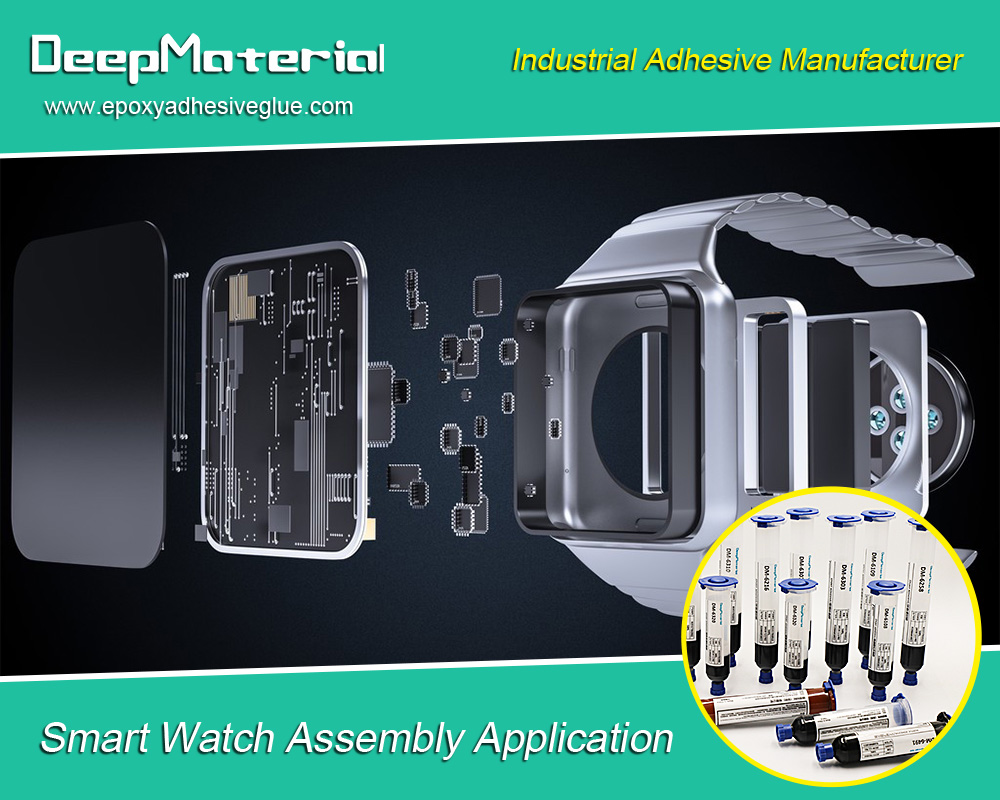
Conclusion
The epoxy adhesive is crucial for achieving a strong and long-lasting bond for your metal bonding project. By considering factors like the type of epoxy, setting time, temperature resistance, tensile strength, chemical resistance, and flexibility, you can choose the strongest epoxy for your specific needs. Following proper surface preparation and application techniques and taking safety precautions when using epoxy adhesive are also essential. With suitable epoxy adhesive and practical application, you can achieve a bond that will stand the test of time.
For more about choosing the Strongest Epoxy for Metal: A Comprehensive Guide,you can pay a visit to DeepMaterial at https://www.epoxyadhesiveglue.com/category/epoxy-adhesives-glue/ for more info.


